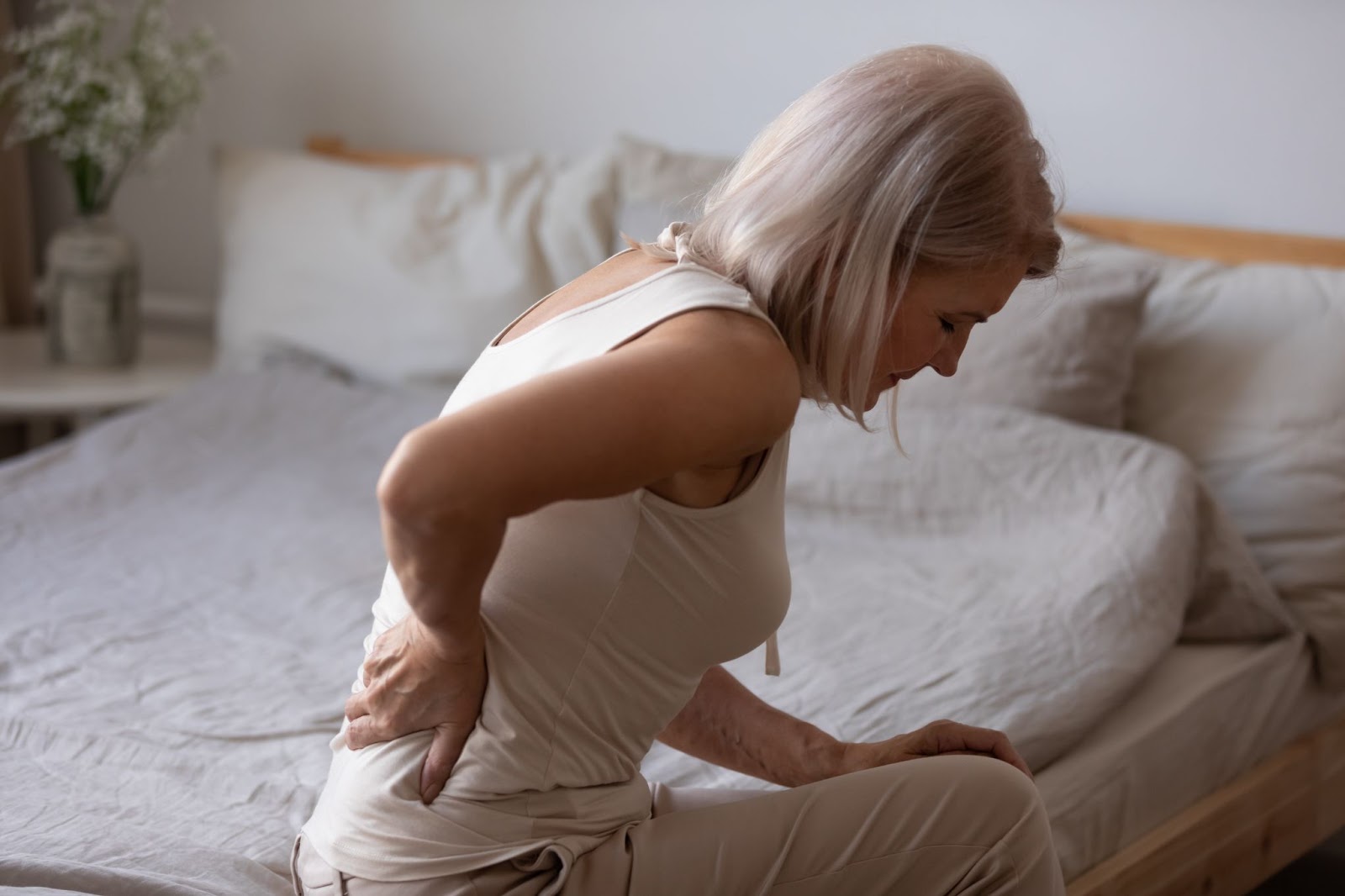Osteoporosis is a bone disease that causes your bones to become weak, brittle, and easier to break. According to the National Osteoporosis Foundation, 54 million Americans have osteoporosis and low bone mass. Studies suggest that one in two women and up to one in four men over the age of 50 will have a fracture due to osteoporosis. Common areas of fractures include the hip, spine, and wrist.
Women’s Bone Development
Simply put, women tend to grow smaller and thinner bones than men. Your body does most of its bone-building during childhood and adolescence by taking in essential nutrients like calcium, vitamin D, and potassium.
However, women tend to reach their peak bone mass around age 18, while men reach theirs around age 20. After that, the body continues to build small amounts of bone mass until your late 20s when you reach peak bone mass.
Women’s Hormones
After menopause, your ovaries do not produce much estrogen. Estrogen is what helps protect your bones. According to the U.S. Department of Health and Human Services, some women lose up to 25% of bone mass in the first 10 years following menopause.
Other Risk Factors
At Charter Health PC, we follow Mass General Brigham’s guidelines for bone health imaging and help women manage the effects of osteoporosis before and after menopause. You might want to talk to your doctor about other factors that put you at higher risk, including:
- Caucasian and Asian Women
- Petite or thin body structure
- History of eating disorder such as anorexia, bulimia
- Use of steroids and other medications
- Certain chronic conditions such as diabetes, celiac disease, etc.
- Alcohol use
- Smoking
- Prior fractures
- Family history
Women’s Health Clinic in Salem, MA
While bone loss is a normal part of aging for all adults, women should take extra care to understand the potential impact of bone disease. Oftentimes, osteoporosis causes no symptoms or pain until there is a break (fracture). Our physicians can help you evaluate the risks and incorporate bone-strengthening lifestyle habits such as weight-bearing exercise, smoking cessation, reduction in alcohol intake, and a diet rich in calcium and vitamin D.
For more information, contact us today!


